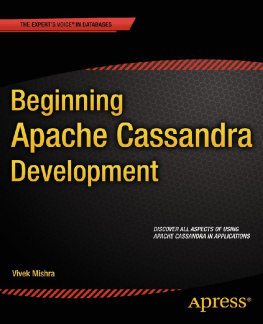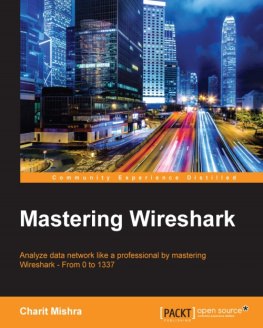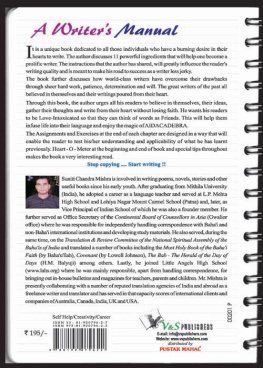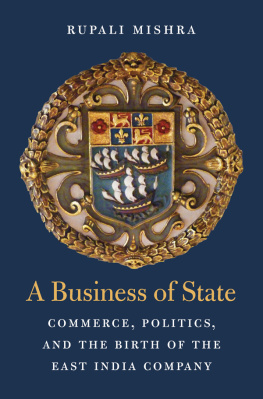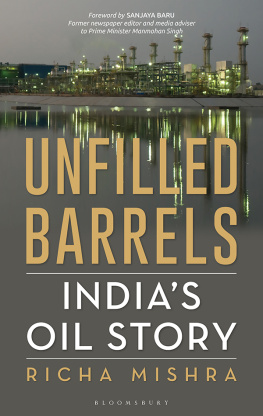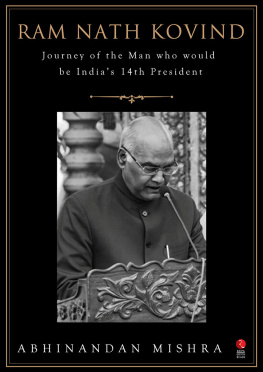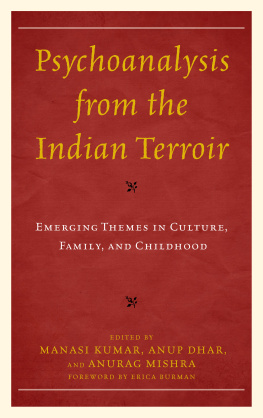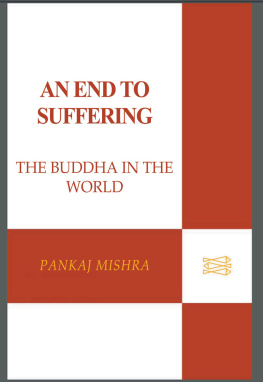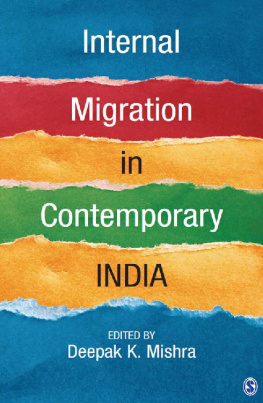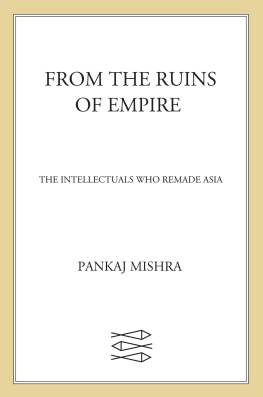An Economic History of Modern India
Girish Mishra
Livonics Publishing
Livonics Infotech Pvt. Ltd.
M 112 Saket
New Delhi 110017
publishing@livonics.co.in
First Published 1994
Livonics Edition Number 3 Published in February 2019
Livonics Infotech Pvt Ltd.
Amazon Kindle Electronic Edition
CONTENTS
Preface to the third edition
A new edition was needed to preserve and disseminate an account of Indias development witnessed, examined and researched by the scholars of that era and elaborated by the author in the previous two editions. This edition gained an urgency as there is a concerted effort to erase and rewrite Indias history - economic, political and social, to buttress a certain political agenda. This electronic edition is meant not only to preserve, but also to disseminate the economic history of India to scholars around the world, outside the geographical confines of the country, and against the pyrophilic tendencies of modern-day Caesars.
Anurag Mishra
Preface to the Second Edition
Encouraged by the welcome accorded to this book by readers, a new edition is being brought out. Though the basic structure remains unaltered, some new materials, especially in the chapter on famines, have been incorporated. A number of silly mistakes and printing errors that had crept into the earlier edition have been removed.
The idea of adding some more topics and enlarging the coverage is yet to be realised. The hesitation on our par has been due mainly to the fear of increasing bulk, and consequently, the price. May be at some future date it will be possible.
I am thankful to a number of friends and readers who have taken pains to go through the first edition carefully and locate mistakes and communicate to me about them. I hope, in future too, they will give their suggestions, criticisms, etc. so that further improvements are made.
The credit for bringing out this improved edition goes to my friend Mr Vinod Kapoor and his production assistant Mr Ritesh. My sincere thanks to both of them.
17 October 1997
Girish Mishra
Preface to the First Edition
There is no dearth of books on economic history of India, spanning the entire period from the Battle of Plassey to Independence. There are classics by Romesh Dutt, Dadabhai Naorojj, William Digby, Vera Anstey and Balakrishna, but, in spite of their historical importance, they cannot satisfy students because they are dated and suffer from certain biases. Then there are books by B.R. Tomlinson and Dietmar Rothermund, which are neither comprehensive nor free from certain later day biases. V.B. Singh and Dharma Kumar have rendered great service by editing two bulky volumes on Indias economic history. V.B. Singhs volume does not include the results of research work done from mid-1950s onwards. Dharma Kumars volume is so detailed as to drown a student in the sea of factual materials and confuse him by the multiplicity of interpretations, presented by authors of individual papers. Some of the authors like Morris D. Morris are not free from their biases and prejudices.
In the market there are a large number of badly written books and question-answer guides which have the only purpose of making money quickly. They are not bothered about the harm they have been doing to students.
The present book attempts to present a readable account and analysis of important aspects of the development of the Indian economy from the establishment of the British rule to Indias Independence. It has tried to incorporate important facts, interpretations and analyses presented by researchers in recent times. It has endeavoured to inculcate among the students an interest in further study and research in various aspects of Indias economic history, which has not received the amount of attention it deserves. It is needless to add that, without a firm grounding in economic history, no worthwhile understanding of and research in Indias present- day economic problems is possible. Even an understanding of political developments in the past and the present is difficult. Rondo Cameron has rightly remarked: Policymakers and their staffs of experts, faced with the responsibility of proposing and implementing policies for development, frequently shrug off the potential contributions of historical analysis to the solution of their problems with the observation that the contemporary situation is unique and therefore history is irrelevant to their concerns. Such an attitude contains a double fallacy. In the first place, those who are ignorant of the past are not qualified to generalize about it. Second, it implicitly denies the uniformity of nature, including human behaviour and the behaviour of social institutionsan assumption on which all scientific inquiry is founded. Such attitudes reveal how easy it is, without historical perspective, to mistake the symptoms of a problem for its causes.
The coverage of this book has been restricted to only a few selected topics for fear of increasing length. In future, some more topics may be included if there is a demand from readers. It has been the endeavour of the author to keep the language, style and arguments as simple as possible so that even a lay man or undergraduate student can have no difficulty in comprehension.
The author is grateful to friends who have helped in various ways and to Mr Vinod Kapoor for his patience. Had Mr Kapoor not kept on prodding, it could not perhaps have been completed.
3 January 1994
Girish Mishra
On study of economic history
Joseph Schumpeter, one of the greatest economists of our time, believed, what distinguished a scientific economist from all other people who thought, talked and wrote about economic matters was a command of techniques which could be classified under three heads, namely, history, statistics, and theory. The three together constituted what one called Economic Analysis. Of these three, economic history was by far the most important. He added: I wish to state right now that if, starting my work in economics afresh, I were told that I could study only one of the three but could have my choice, it would be economic history that I should choose.
This choice was to be on three grounds. First, the subject matter of economics is essentially a unique process in historic time. Nobody can hope to understand the economic phenomena of any, including the present epoch who has not an adequate command of historical facts and an adequate amount of historical sense or what may be described as historical experience. Second, the historical report cannot be purely economic but must inevitably reflect also institutional facts that are not purely economic: therefore, it affords the best method for understanding how economic and non-economic facts are related to one another and how the various social sciences should be related to one another. Third, it is, I believe the fact that most of the fundamental errors currently committed in economic analysis are due to lack of historical experience more often than to any other shortcoming of the economists equipment. History must of course be understood to include fields that have acquired different names as a consequence of specialization, such as prehistoric reports and ethnology (anthropology).
Schumpeter, however, sounded a warning note also. While it was a fact that economic history was an important branch of economics and the historians techniques are passengers in the big bus that we call economic analysis , one must not uncritically accept historical reports and studies. One must satisfy oneself about the sources and reliability of the data used and the circumstances in which such studies and reports came into existence besides the methodology used in preparing them because derivative knowledge is most of the time unsatisfactory. It must be added here that this critical attitude has to be cultivated because it is not natural.





